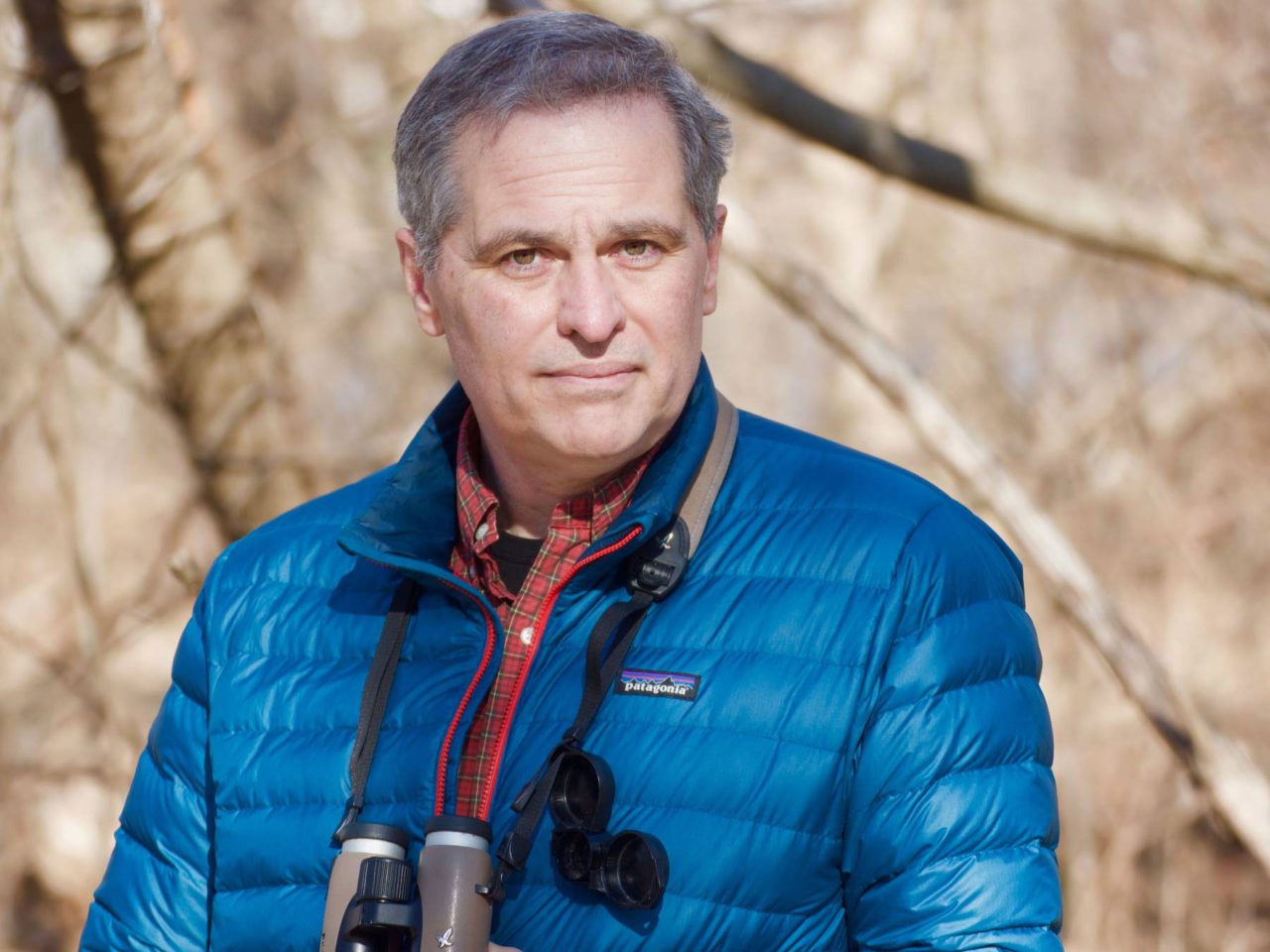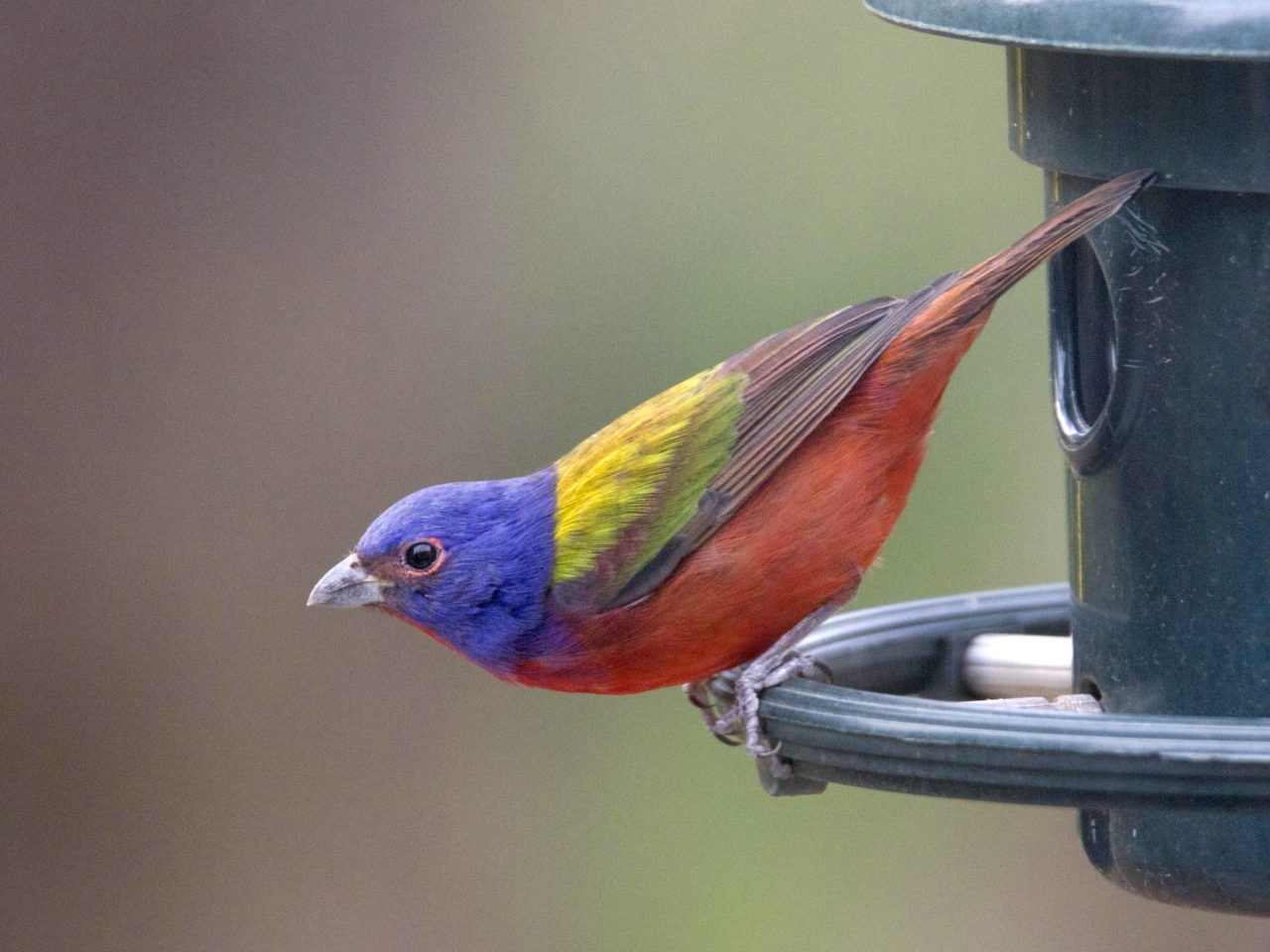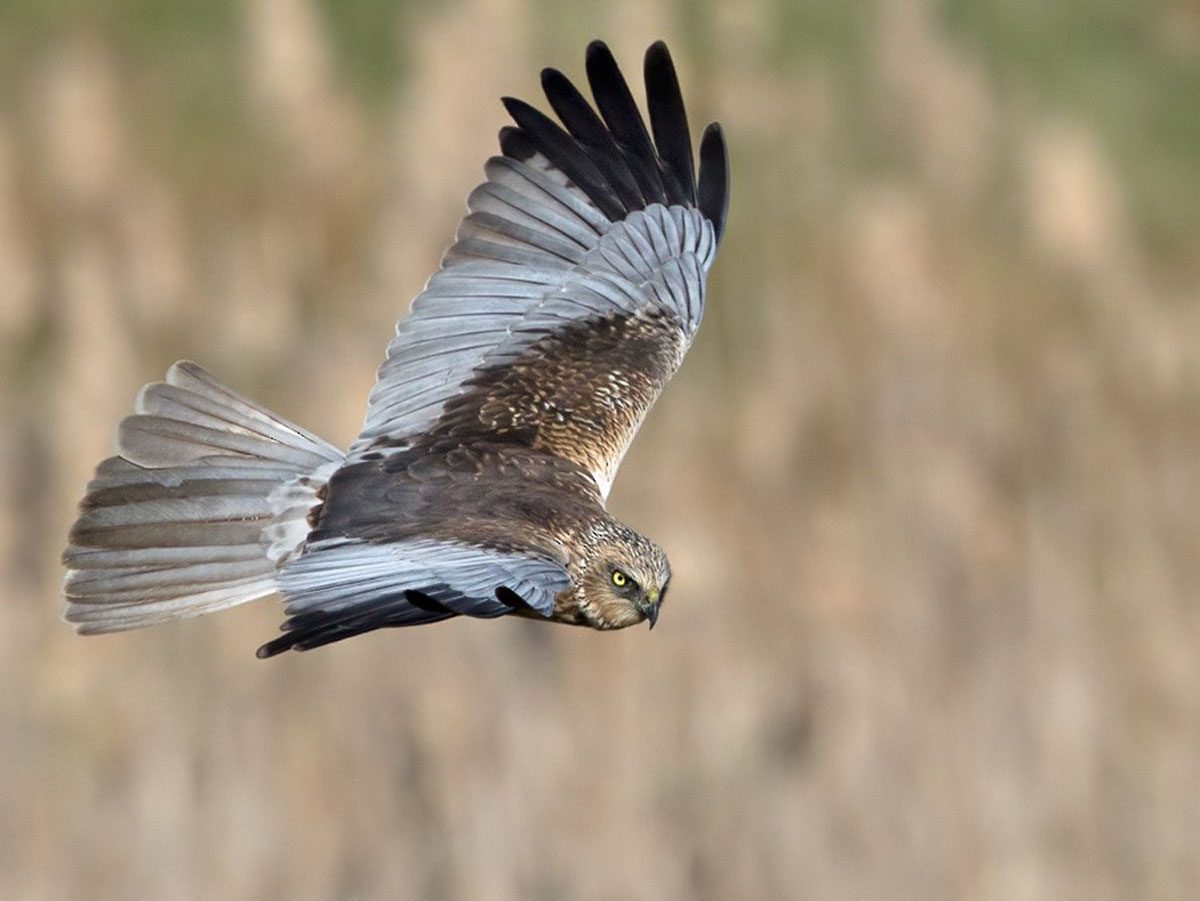Cornell Lab to Welcome Dr. Ian Owens as Its New Director in 2021

The Cornell Lab of Ornithology proudly announces that Dr. Ian Owens will be its next executive director. Owens, a distinguished evolutionary biologist and museum director, will take the helm of the 106-year-old institution in July 2021. He will also hold an appointment as professor in the Department of Ecology and Evolutionary Biology at Cornell University’s College of Agriculture and Life Sciences (CALS).
Originally from Yorkshire, England, Owens has 25 years of experience serving as a professor and departmental chair at Imperial College London, and as a director at both the Smithsonian’s National Museum of Natural History and the Natural History Museum of London.
“As the next director of the Cornell Lab of Ornithology, Ian Owens will embrace what the Lab stands for and move us forward through the 21st century, to continue the incredible successes we have made in science and outreach, and to inform conservation as no other organization in the world can,” said Linda Macaulay, the chair of the Cornell Lab’s administrative board and co-chair of the search committee.
She stressed the combination of talents and experience that made Owens the Lab’s top choice, citing his influential academic career, deep knowledge of administration and finances, thoughtful leadership style, and lifelong love of birds.
“To have the chance to work at the Lab, it’s almost irresistible,” Owens said. “This is a group of smart, highly creative people dedicated to using birds as a way to open up nature for a massive community. It’s the most exciting thing I could ever do with my life.”
Leading the Cornell Lab into the Future

Owens arrives after more than two decades of rapid growth at the Cornell Lab, which has emerged as a world leader in ornithology, big data and tech innovation, citizen science, public outreach, and conservation filmmaking. The next phase of growth, according to Owens, hinges on scaling the Lab’s ability to work with tremendous amounts of data and to make its work accessible to even more people around the world—all while retaining the Lab’s unique spirit of creativity and mission.
Improving diversity is key to achieving real conservation in the world today, Owens said. “We need to use the special power of birds to broaden the coalition of people who are in this game with us, who value nature and value birds.”
As an example, he described a recent outing to see a vagrant Painted Bunting near his home in Washington, DC. When he arrived, one birder was using the Lab’s eBird Mobile app to enter data. Nearby, a group of Japanese tourists were consulting Merlin Bird ID to learn about the bird that had caused so much excitement. “It was like they were using the ‘Google Maps of nature,'” he said. “it was humbling—and incredibly exciting—to see the Lab reach people and empower them in that sort of way.”
“Ian Owens brings to CALS an incredible wealth of knowledge about birds, passion for connecting the public to scientific discoveries, and leadership in environmental big data,” said Benjamin Z. Houlton, the Ronald P. Lynch Dean of CALS. “We are delighted about him directing the Lab of Ornithology’s renowned impact in global sustainability, citizen science, and the worldwide preservation and understanding of the wonders of birds.”
Owens will take over from director John Fitzpatrick, who has led the Cornell Lab since 1995 and guided the organization as it grew from a few dozen staff in 1995 to its current size of 250 staff and $35 million annual operating budget.
“It means a lot to me personally that I can hand off the baton to Ian and have 100% confidence,” Fitzpatrick said. “Just as important as that, he’s a genuine bird person, knows a ton about ornithology, and has done very significant research both in evolutionary ecology and in global-scale conservation. We’re getting a real star here.”
A Career of Broadening Impact

It was a flyby from a Eurasian Marsh-Harrier that tipped Owens, at the age of 15, onto his career path. “It was just amazing in all respects,” Owens recalled. “A combination of power and beauty and fragility, and just inches over my head.” The next day he pleaded for a day off from work, spent it watching shorebirds through an old pair of 8×30 “Sputnik Spotter” binoculars, and never looked back.
A few years later he was a graduate student studying Eurasian Dotterels in the Scottish Highlands. After an encounter with a Brown Kiwi in New Zealand, he became fascinated by the bewildering diversity of birds. He began studying white-eyes on Pacific Islands and divergence across the avian tree of life—work that led him to write a book on evolutionary ecology and won him the Scientific Medal of the Zoological Society of London in 2004.
In the early 2000s, convinced that real conservation could not happen without support of the general public, Owens made a career change to become the Director of Science at the Natural History Museum in London. He was part of the team that replaced the museum’s iconic Diplodocus dinosaur cast in the main hall with the skeleton of a blue whale they named “Hope”—a way of signaling the museum’s transition from a Victorian-era safekeeper of fossils to a living institution that met present-day issues head-on.
For Owens, the Cornell Lab is a natural history museum of the future, unconstrained by its physical footprint, with the ability to put information and tools into the hands of people wherever they are, empowering them to explore and understand the natural world around them, and inspiring them to act.
“The Lab was born to understand birds, and that remains its primary driving focus,” Owens said. “But now the relationship between birds and people is going to be really important. The Lab has done a superb job of setting itself for that big challenge, and it’s going to be exciting to see where we go next.”
Join Our Email List
The Cornell Lab will send you updates about birds, birding, and opportunities to help bird conservation. Sign up for email and don’t miss a thing!
Golden-cheeked Warbler by Bryan Calk/Macaulay Library
